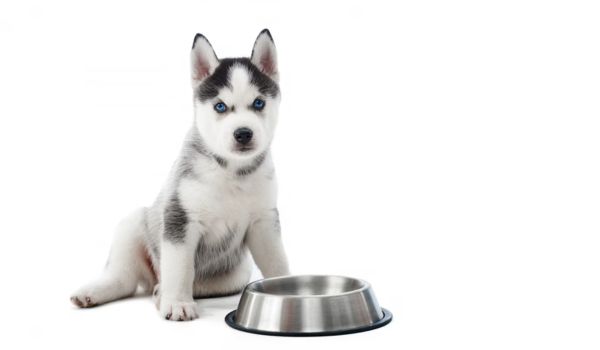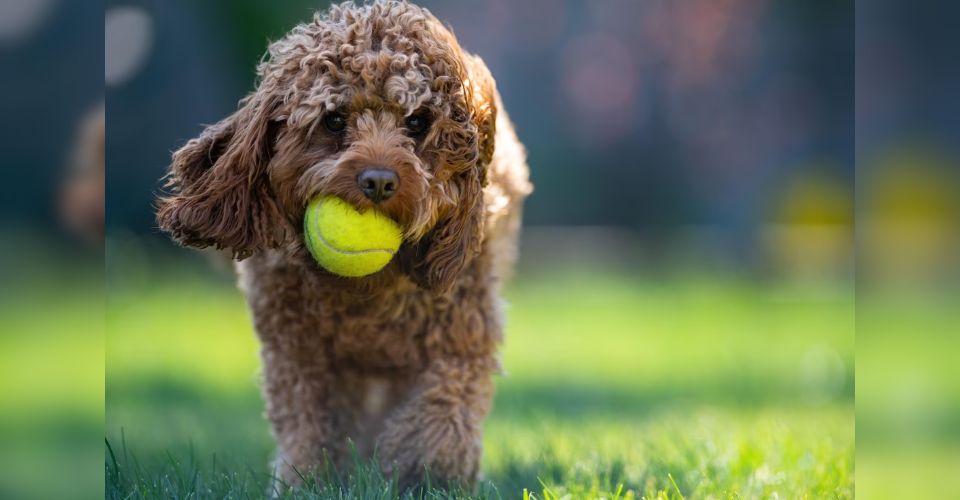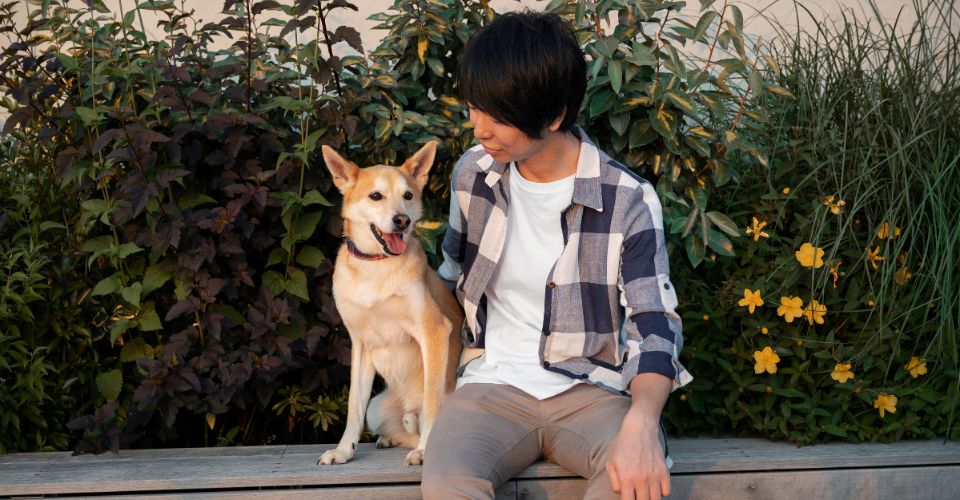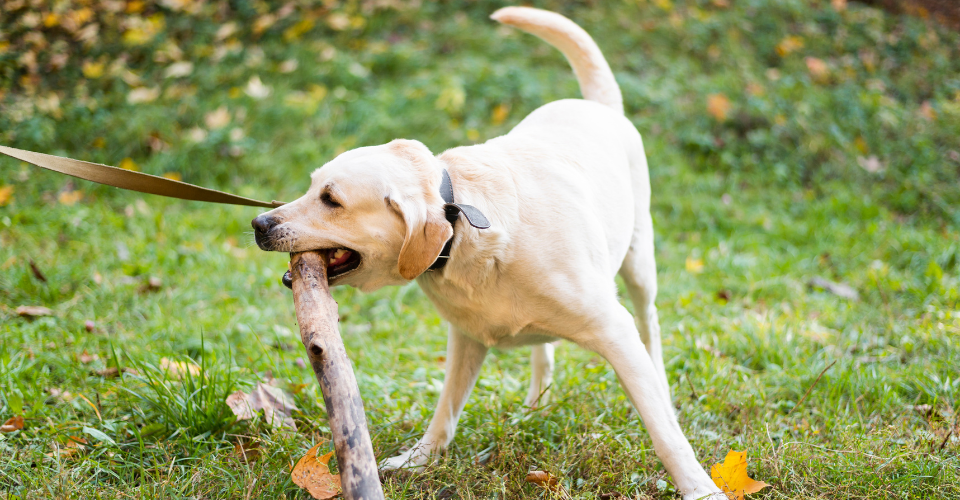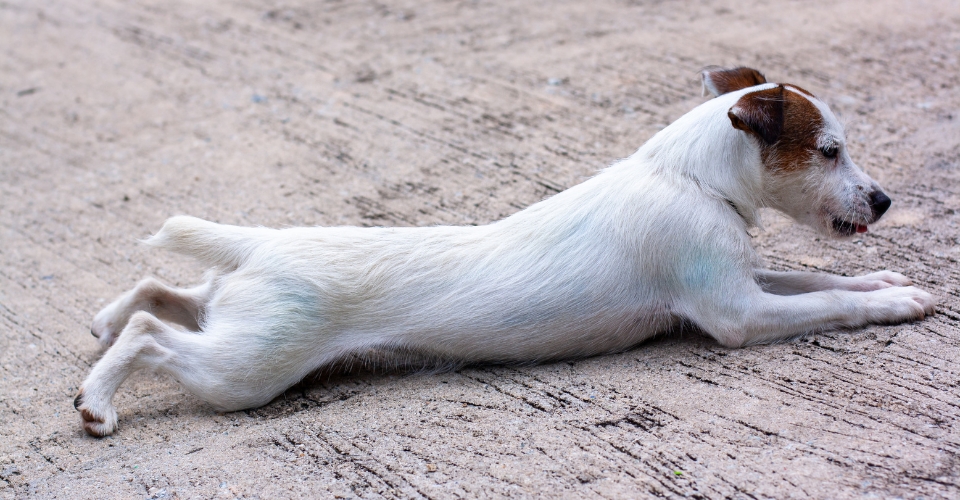Why are dogs so greedy? If you are a dog owner, you have probably witnessed your furry friend’s insatiable hunger for food. Maybe your dog begs for scraps at the dinner table, steals food off the counter, or even raids the garbage can. But have you ever wondered what could be the reason for this greed when it comes to food?
It turns out that a complex interplay of evolutionary, psychological, environmental, and cultural factors influences dogs’ insatiable hunger. In this article, we’ll explore why dogs are so greedy for food and what you can do to manage this behavior in your canine companion.
So, grab a snack (and keep it away from your dog!), and let’s dive in.
Why Are Dogs So Greedy for Food?
1. Insufficient Food
Different dogs have different nutritional needs. Factors such as the dog’s breed, age, lifestyle, etc. greatly affect the caloric requirement of a dog. It is important to note that dogs have an instinctual drive to secure enough food to survive. In the absence of adequate food, they may resort to exhibiting greediness to meet their nutritional needs.
Generally, adult dogs require two meals daily, while puppies in the growth phase require at least three daily feedings. The amount of food a dog requires also depends on their size, with teacup breeds requiring less food and larger breeds having a bigger appetite.
It is crucial to adhere to your dog’s specific dietary needs rather than following general breed guidelines found on the internet. You must consult a veterinarian to ensure your dog’s nutritional requirements are met.
Moreover, it is worth noting that feeding requirements may also vary depending on a dog’s activity level, health status, and other individual factors. Providing appropriate nutrition is essential to keeping your dog healthy and happy.
Tip!
PetMD recommends free-choice feeding for pregnant and nursing dogs.
2. Eating Obsession
Dogs are known to have an insatiable urge to eat and will often consume whatever comes their way – whether it is grass, toys, or even non-food items like feces. This canine trait has contributed significantly to their reputation as greedy animals.
This behavior can be traced back to dogs’ evolutionary history. In the wild, dogs were hunters who needed to be resourceful to survive. When food was scarce, they had to eat whatever was available, regardless of whether it was edible. They also ate in large quantities to ensure they had enough energy to last until their next meal.
Today, dogs may exhibit similar behavior when faced with food scarcity or boredom. They may consume non-food items out of curiosity or overeat to compensate for the lack of stimulation in their environment. This can lead to health problems such as digestive issues, obesity, and even poisoning from ingesting toxic substances like chocolate.
3. Health Issues
Certain medical conditions can interfere with a dog’s ability to absorb essential nutrients, leading to an increased appetite and a lack of energy, thus leading to ‘greedy’ behavior. These conditions can also result in metabolic disorders that affect the dog’s overall health.
The most common culprits of nutrient malabsorption in dogs are issues with the pancreas or small intestines. Even if a dog is eating their daily recommended amount of food, it may not get the necessary nutrients needed to thrive. These conditions can manifest as weight loss and poor health overall. You can also have a fair idea of what is going on in your dog’s body by looking at his urine color.
Other medical conditions that can affect a dog’s appetite include diabetes, Cushing’s syndrome, hypothyroidism, and infections. It is essential to consult with a veterinarian if you suspect your dog may be suffering from any of these conditions.
Stress Eating in Dogs
Just like some humans experience stress eating, our dogs also use eating as a coping mechanism when experiencing stress, anxiety, and boredom.
4. Excitement
Dogs naturally tend to get very excited when it is mealtime—they just cannot wait to gulp down their food. Especially if it is their favorite food, they cannot wait to devour it. This trait makes them look very greedy.
Dogs bear a joyous and exciting nature. They manifest it in several behavioral traits. Not to mention, they are so happy to see their owners. The hormone oxytocin is released in their bodies, which sets their mood high when they see something they adore. And since dogs love their food, they are eager to gulp it down.
5. Unknowingly Rewarding Greedy Behavior
Many times dog owners unknowingly reward and thus strengthen the unwanted behavior in their dogs. For instance, this can happen when owners refill their dog’s bowl after they have gulped down the whole bowl in seconds.
Dogs think of the refill as a reward for hastily finishing the bowl and thus do the same the next time to get the refill (reward). Over time, this greedy behavior will get ingrained in the dog’s mind.
Rewards, regardless of whether they are material or immaterial, can be a strong motivating factor for dogs, especially those that have a close bond with their human counterparts.
6. Resource Guarding
Dogs tend to protect their possessions. They react by lunging, biting, or growling over their food when they perceive that someone is trying to snatch it away. However, dogs generally get rid of this behavior when trained properly.
This behavior occurs when your dog does not want to share his food with other pets in the home. Food is a valuable possession for dogs, and they guard it probably because of their ancestry. Research shows that wolves also have protective instincts when it comes to food.
Greediest Dog Breeds
Basset HoundBeagleCocker SpanielDachshundEnglish BulldogGolden RetrieverLabrador RetrieverPugRottweiler
Tips to Stop a Dog From Being So Greedy for Food
Remember that though eating greedily is a natural tendency in our canine pals, it can be very hazardous for their health as they are prone to gaining extra pounds besides risking bloating. If you are dealing with such a situation in your pet, try stopping him by following these simple steps:
- Set a Food Limit: Feed your dog a defined number of calories per day. Develop a feeding schedule depending on your routine and your dog’s preferences. Whether you feed your dog multiple small meals or one/two big meals a day, never exceed the defined caloric limit.
- Stick to a Schedule: Never feed your dog outside the set time. This will adjust his hunger levels, and he will, eventually, not want food after every few hours. Generally, about eight hours gap between meals is okay.
- Make Your Dog Comfortable: Keep all sorts of stress and anxieties away from your dog. Make sure he is not mentally disturbed. If he likes to eat in a safe and secure place where no other pet can intrude, provide him with such areas.
- Keep the Food Out of Reach: Never place the food items in sight of your dog. Remember, dogs can eat certain human foods. Do not think that your dog will not touch what you eat!
- Use Slow Feeder: Slow feeders let the food pass slowly. Your dog will not be able to gulp down whole chunks of food if such devices feed him. It will decrease the risk of bloating significantly.
It provides a fun way to feed your dog besides preventing certain health issues such as bloating and weight gain. It features a non-slip base and is made up of safe material.
How to Know If a Dog Is Either Greedy or Hungry?
Recognizing when a dog is genuinely hungry rather than just greedy is important. It is essential to focus on feeding the dog an adequate amount of food when hunger is the case.
Some signs indicate a dog is genuinely hungry. For instance, if you can see their ribcage, it means that they might not be getting enough nutrition from their food. Additionally, if there is a significant difference between the number of calories they require and what they receive, they are likely hungry.
A decrease in activity levels can also indicate hunger and a missed meal. If you have been trying to bulk up your dog, and it is not gaining weight even after eating the appropriate amount of food, it might be genuinely hungry. It is crucial to monitor your dog’s eating habits and adjust their food intake accordingly to ensure they receive the proper nutrition to maintain a healthy weight.
Conclusion: Why Are Dogs So Greedy for Food?
Dogs’ greed for food can be attributed to a variety of factors, including their evolutionary past, psychological needs, health status, and environmental influences. Dog owners need to understand their pet’s nutritional requirements and dietary needs and identify and address any underlying medical conditions that may be causing excessive hunger.
Additionally, providing dogs with mental stimulation, proper training, and positive reinforcement can help manage their food-seeking behavior. With the right care, attention, and understanding, dogs can maintain a healthy relationship with food, and their owners can enjoy the many benefits of having a happy and satisfied canine companion.


